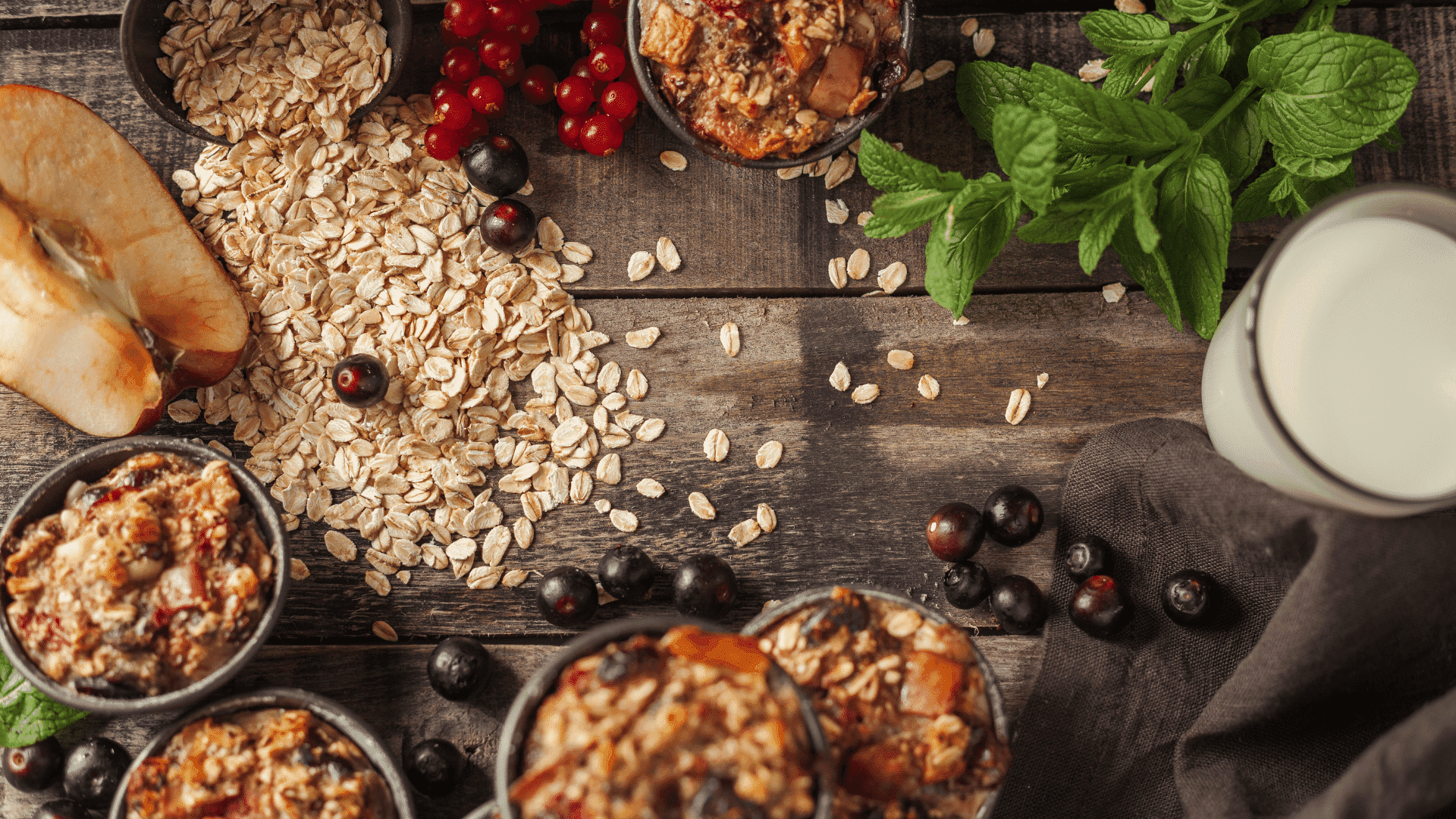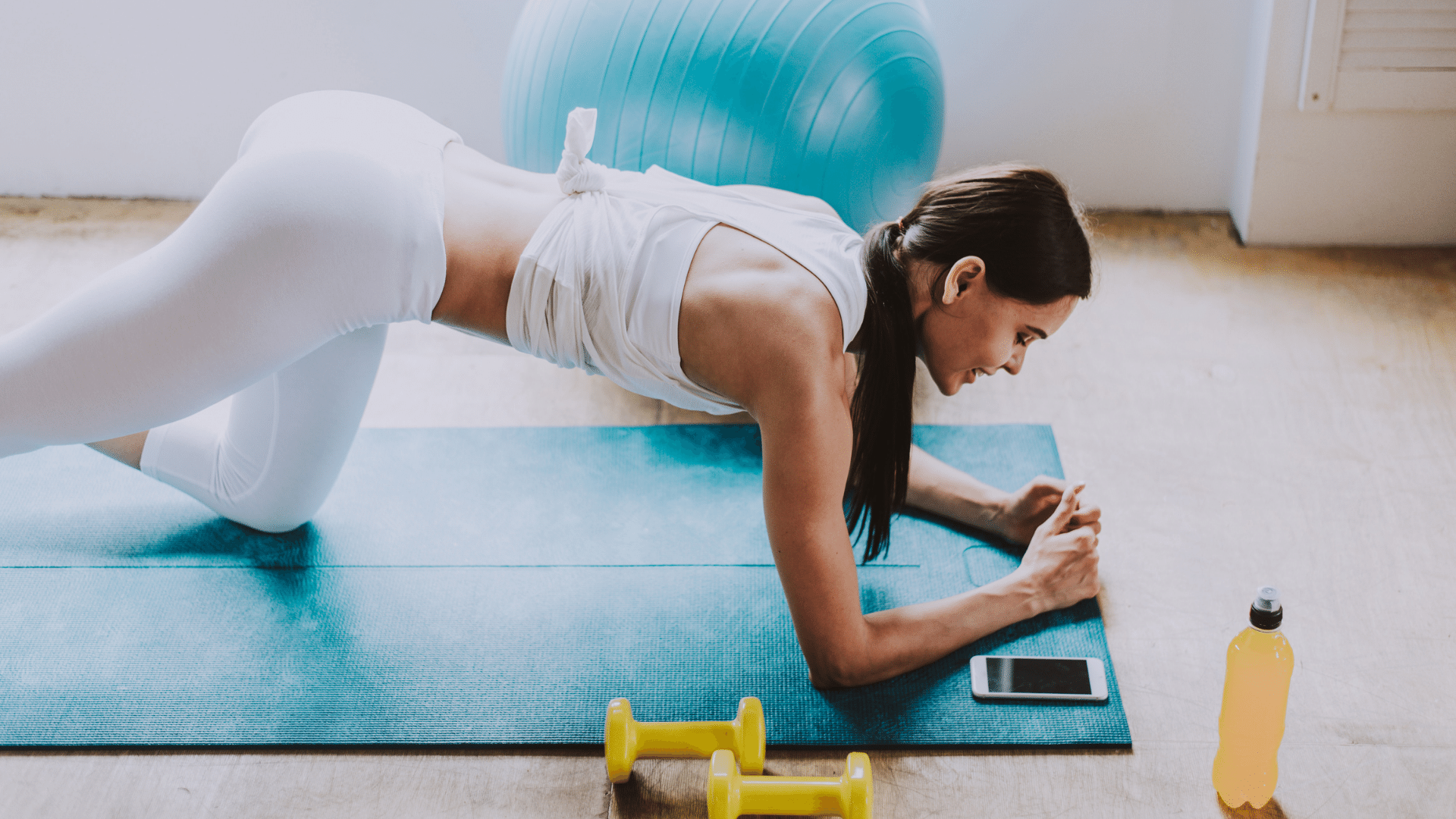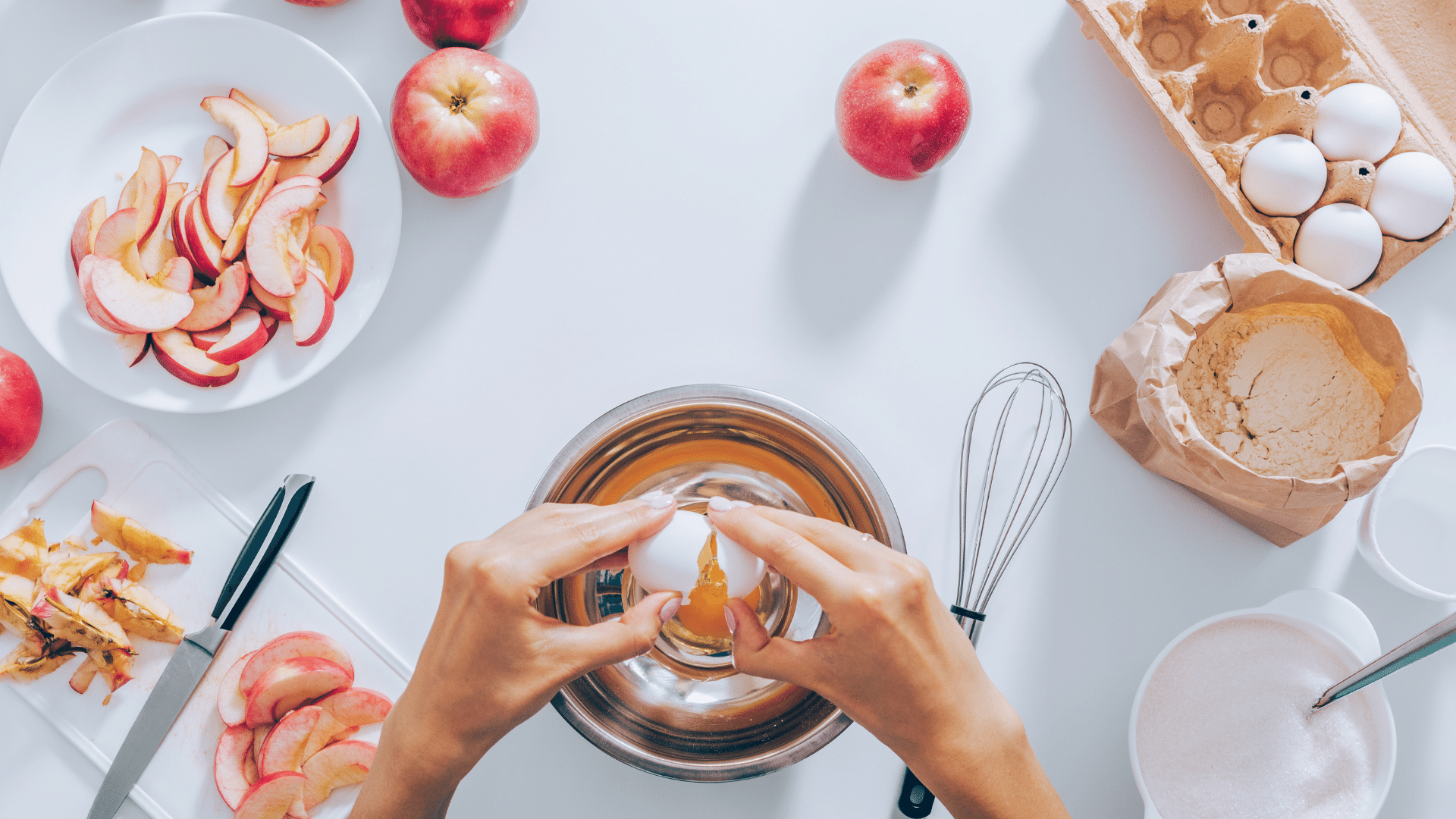Any medical professional will tell you that more people should regularly exercise and that it is crucial for their health. Exercise is an effective way to achieve your best physical and mental health when combined with a balanced diet. Additionally, it can aid in the prevention of chronic conditions like cancer, heart disease, and diabetes.
Whether or not you can exercise on an empty stomach is one of the first questions medical experts receive about exercise. Sometimes people believe that exercising while they are fasting will speed up their weight loss. But is that really the case?
Can you workout on an empty stomach?
The fact is that exercising while abstained will help you burn fat calories more quickly. The weight on the scale might start to drop. Exercise on an empty stomach, however, will also result in the loss of lean muscle mass, which can impede long-term weight loss.
When you exercise without eating first, your blood sugar levels can dramatically change, and when they drop suddenly, you might feel queasy, lightheaded, or dizzy. Even worse, you might even pass out, which is dangerous if you're working out.
Make sure your last meal before your fast was one that left you feeling satisfied. Additionally, it's crucial to make sure you're getting enough water. It's crucial to stay properly hydrated before working out and to make sure our bodies have enough electrolytes to support our workout.
Does exercising on an empty stomach help you lose weight?
Fasted cardio is the term for exercise that is performed on an empty stomach. According to the theory, your body burns stored fat and carbohydrates for energy rather than recently consumed food, resulting in greater levels of fat loss.
2016 research demonstrates the advantages of exercising while fasted for weight management. In a study involving 12 men, it was discovered that those who skipped breakfast before working out burned more fat and consumed fewer calories over the course of a 24-hour period.
Several studies refute this hypothesis. In a 2014 study of 20 women, changes in body composition between groups that ate or fasted before exercising showed no discernible differences. Over the course of the study's four weeks, researchers took measurements of waist circumference, body weight, and body fat percentage. Both groups had lost body weight and fat mass by the end of the study.
To build on these findings, longer-term, more comprehensive research is required.
Exercise on an empty stomach may also encourage your body to burn protein for energy. As a result, your body has less protein, which is necessary for muscle growth and repair after exercise. Additionally, burning fat for energy doesn't guarantee that you'll reduce your overall body fat percentage or increase your caloric expenditure.
Balanced Diet with Exercise
Does that imply that you should eat before exercising? Absolutely not. First of all, we are all familiar with how it feels to be active immediately following a substantial meal. It's unpleasant and might even make you feel queasy. Second, you want your body to be able to focus solely on utilizing and building muscle rather than digestion.
To eat a light snack within 30 minutes of working out is the best compromise. It's important to eat a protein-rich meal or snack after working out if you want to maximize the benefits of your workout. Some examples of such foods include protein shakes, yogurt, nuts, chicken with guacamole, and handfuls of berries. Protein will help you feel full before your next meal and will aid in muscle recovery.
Foods to improve performance
Eat healthily to improve your athletic performance.
- Consume natural, wholesome, whole foods.
- Include wholesome carbohydrates like fresh produce, whole grains, and legumes.
- Pick healthy fats like avocados, ghee, and oils from coconut and olives.
- Lean meats, eggs, and low-fat dairy products are good sources of protein.
- You should include nuts, seeds, and sprouts in your diet as well as foods high in iron like fish, cooked beans, fresh fruits and green vegetables.
If you decide to eat before working out, pick a meal that is simple to digest and contains carbs, protein, and fat. Eat something two to three hours before working out. If you're short on time, grab a fresh or dried fruit snack, a peanut butter sandwich, or an energy bar.
Drink water, sports drinks, or juice to stay hydrated before, during, and after physical activity. You can increase your fluid intake by consuming smoothies and meal replacement beverages. Your immune system can benefit from healthy proteins, which can also hasten wound healing and give more energy. Foods rich in calcium, zinc, and the vitamins C and D are also advantageous.
Factors to consider when exercising on an empty stomach
There is no "one size fits all" solution, as there usually is with things relating to your body. How can you determine which strategy is best for you then? Sadly, it involves some trial and error. Having said that, there are some variables you can take into account as a base.
- Age. It might be a good idea to eat a light snack before exercising if you're over 50. You might think about working out while fasted if you're younger.
- Health. A small snack can assist you in maintaining stable blood sugar levels and adhering to your medication schedule if you are managing any conditions or taking medication. If not, you might think about working out while fasting.
- Goal. Having a small snack can help you train longer and perform better if you are preparing for a big event or athletic performance. Consider exercising while fasting if you don't have any urgent athletic goals to meet.
- Habits. Get some fuel before you start your exercise program if it will take an hour or more or if it will be very intense. You might be fine without food if your activities are brief and of low to moderate intensity.
- Your selection. The exercise program and workout routine that you can commit to and follow through with is the best. Simply selecting the option you prefer works well too if there are no compelling reasons to select any particular option. Making exercise enjoyable, pleasurable, and sustainable for you is the goal.
The kind of exercise you're doing can influence whether you should eat before working out. You may not need to eat beforehand if you're doing low-intensity activities like walking, golfing, or gentle yoga.
But before engaging in any high intensity workouts that calls for a lot of strength, energy, or endurance, eating breakfast might be helpful. Tennis, running, and swimming all fall under this especially if burn valuable energy sources.
Work what's best for you
When engaging in prolonged, intense exercise, such as a marathon, you may occasionally want to eat. In order to keep moving, blood glucose levels must be maintained. Additionally, it aids in keeping your muscles' reserves of energy from being depleted, which can promote muscle growth.
If you have a health issue that is impacted by what you eat and how you exercise, consult your doctor.
Check your blood sugar levels carefully before, during, and after exercising if you have diabetes. When it is appropriate for managing your condition, make sure to eat around your exercise regimen if you have a thyroid disorder, low blood pressure, or hypertension. If you want to burn more calories they maybe its time for a new exercise program.
Exercising on empty stomach is always an option. However, if you are under 50 and in good health, it might be best.
The most important thing is to exercise frequently enough each week and doing it in a way that is enjoyable, cozy, and sustainable.

.png)





